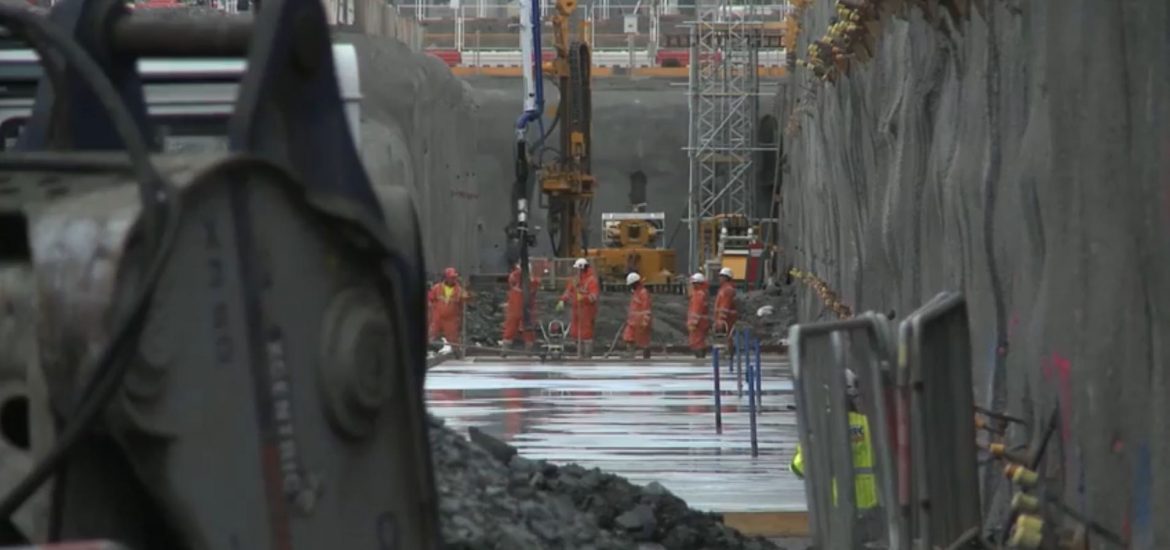
A total of 16 European energy providers, including France’s EDF, German firm Eon and Ørsted in Denmark, have proposed a carbon price floor at the European or regional level, to boost low-carbon development.
Predictable and consistent carbon price signals are the most cost-effective way to stimulate climate-friendly decision-making by businesses and consumers, according to the coalition.
“A carbon price floor in the power sector and minimum carbon pricing for transport and buildings can deliver significant additional carbon dioxide emission reductions which would put Europe on track to meet the objectives of the Paris agreement,” the group said in a statement.
The European Commission is presenting a strategy this week for the transition to a “climate-neutral” economy by 2050.
EU members are divided on the issue of a minimum price of carbon, with Poland among those resisting because of the costs involved.
This week’s statement by energy companies says a carbon price floor would mean carbon dioxide emissions from the power sector could be reduced by an additional 29 per cent by 2030 in the carbon price floor area, while total EU power sector emissions could be cut by 17 per cent.
A carbon price floor would also cut the costs of investments as reduced volatility in power prices would lead to lower financing costs.
The energy firms said a minimum carbon price could still be implemented by “a group of frontrunners”, inspired by UK and Dutch examples.
They say a stronger market is needed to drive the transition to a low-carbon economy.
“Predictable and consistent carbon price signals are widely considered the most cost-effective way to stimulate climate-friendly decision-making by businesses and consumers,” the statement said.
It is aimed to complement to the EU’s existing Emissions Trading Scheme (ETS) for emissions, in place since 2005.
The coalition said greater effort must be made to tackle emissions from transport and buildings, which are not covered by the ETS although they generate a large footprint.
Buildings currently represent 40 per cent of EU energy consumption while emissions from transport have kept growing in recent years, undermining efforts to decouple emissions from economic growth.
“Emissions are increasingly coming from sectors not covered by the ETS,” said Johannes Teyssen, the Eon chief executive. “It is vital that Europe moves towards a carbon price in all energy-consuming sectors … this will create a real incentive to burn less carbon across the economy, and level the playing field between electricity and other fuels.”
EDF is trying to diversify away from nuclear production. Picture credit: YouTube





